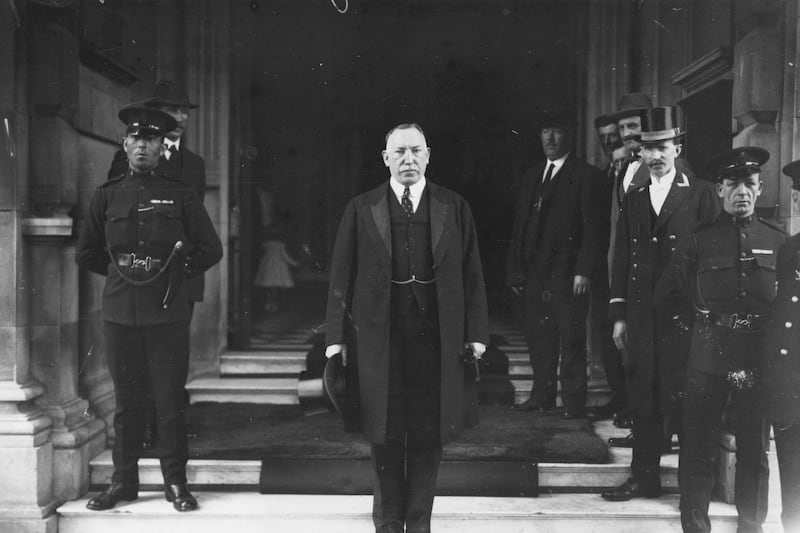August 29 1974
It is a welcome and hopeful sign that an international conference of religious and lay people to be held in Dublin next month will be discussing mixed marriages, a problem which, as Father Michael Hurley SJ, director of the Irish School of Ecumenics, said yesterday, was one which continued to have serious repercussions, as much in inter-church relations as in north-south affairs and in community relations in both areas of this country.
Any discussion about mixed marriages can only provide a re-statement of positions; but at least to have clarification of views is something.
What needs to be continually repeated, especially in this part of Ireland, is that the Catholic Church, no less than other Churches, is unhappy about mixed marriages and does her best to discourage them because, for both parties, matters of conscience and deep conviction are involved.
The image of priests rushing about to lure Protestants into marriages with Catholics, unfortunately, has acquired the dubious distinction of a fact in the minds of those whose inelegant description of the Catholic Church is the Harlot of Rome.
New guidelines on mixed marriages were laid down in a Vatican document four years ago. It was clearly stressed then that while these could not solve the problems inherent in a mixed marriage, neither the Pope nor the bishops had the authority to dispense the Catholic partner from the solemn obligation to practise their faith and do all in their power to pass it on to the children of the marriage.
In the past, a very human problem arose in a marriage between a Catholic and an active member of another Christian communion who was asked to make promises against his conscience about rearing the children as Catholics. The 1970 moto proprio, while not asking the non-Catholic partner to make any promises, made him even more aware of the duty laid upon the Catholic partner.
Debate has now arisen as to whether the Catholic partner ought to be relieved of the obligation of giving a promise regarding the Catholic up bringing of the children.
The agonising problems remain, despite revisions and an obvious sensitivity towards them. The solution will only come when all Christians are united in one faith.
The forthcoming conference will provide an opportunity for the delegates who will come representing many Churches, to see what is in each other’s minds. Attitudes under discussion may prove to be less extreme than was supposed.







